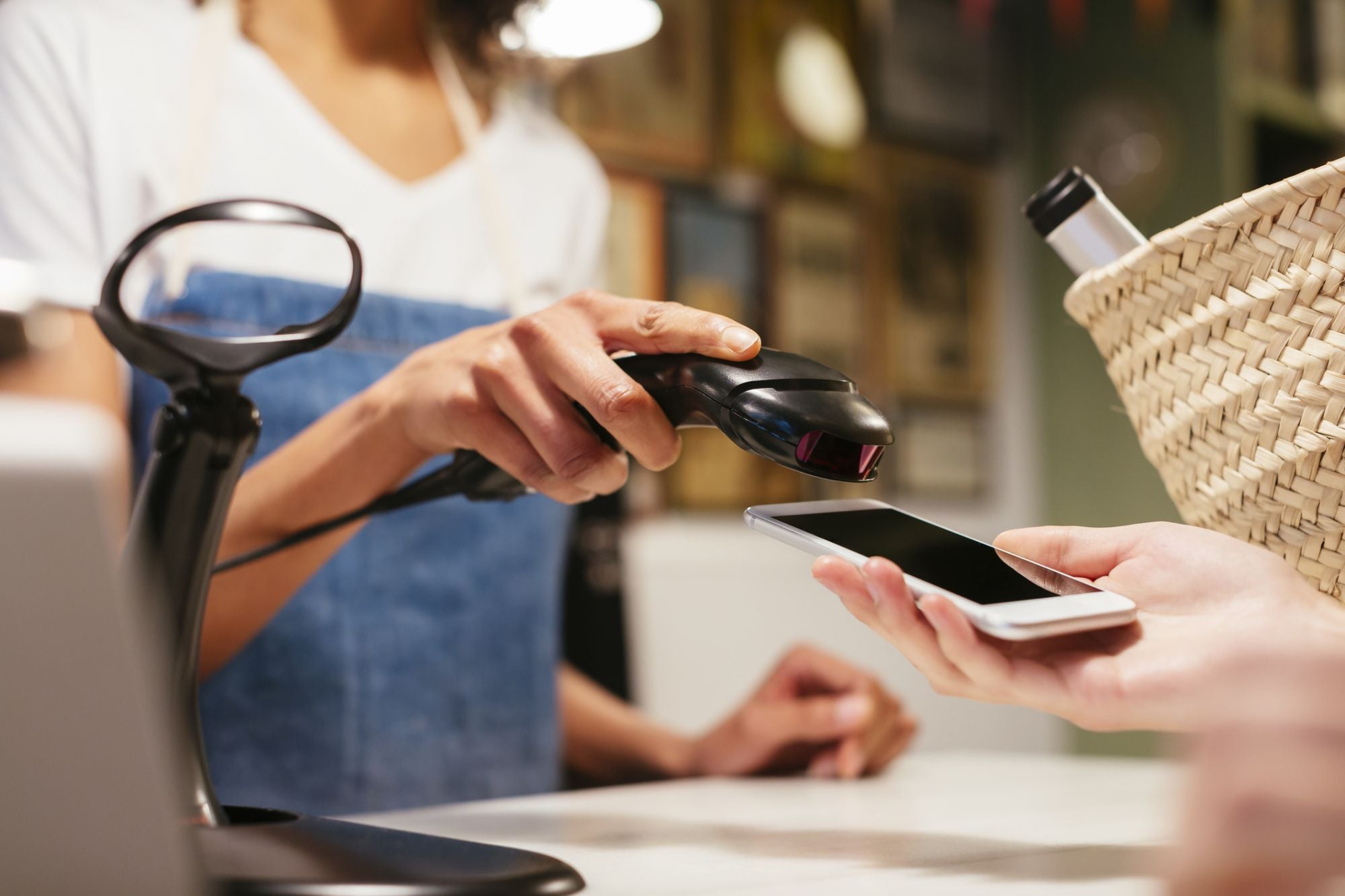4 Ways to Give Your Customers More Control No one likes to be told what to do. When you let your customers have it their own way, you might just have them for life.
By Rashan Dixon
Opinions expressed by Entrepreneur contributors are their own.

There's a reason most of us don't like listening to a telemarketer pitch us a product over the phone or being followed by a salesperson when we're shopping at the mall. It's generally not because we're uninterested in the items for sale, although that may be the case. More often, we don't want to be "sold to" -- we don't want to feel as though someone else is making decisions for us about how we should spend our money.
When it comes to making a purchase, large or small, we want to be in control. And if you're leading a company for which consumer sales are key, anything you can do to give your customers more control -- at any point during the buyer journey, from product awareness to post-purchase -- will ultimately benefit your bottom line.
Companies targeting Millennials should be especially cognizant of this, as that audience has been the catalyst behind the growth of the self-service economy.
Related: 3 Essentials for Building a Loyal Customer Base
The rise of chatbots, online insurance quotes and mortgage approvals and internet forums dedicated to troubleshooting and reviewing particular products have all been hastened by Millennials' expectations. This generation of consumers (and the one coming after it) is used to researching new products and making purchases online without ever interacting with a human representative of your brand. And when Millennial consumers do engage, whether to update an account profile or get answers about a product, that process generally takes place online as well.
What this means is that brand engagement is increasingly being driven by the customer. That can be a good thing for your company if you're able to offer an experience that empowers customers rather than hinders them.
It's not me; it's you.
Brands love talking about the importance of establishing a relationship with the customers they serve. That relationship is still key to winning over some demographics of consumers, but Millennials and Gen Zers chiefly seem to want more value and less hassle. That doesn't mean that brand loyalty is dead, however. Here are three principles to keep in mind if you want to design customer experiences that build loyalty by giving customers more control.
1. Money can come from anywhere.
Ultimately, you're only going to stay in business if customers are buying what you're selling. But if you give customers some flexibility over how they pay you, they'll be more likely to come back for more. For instance, Yale New Haven Health and Experian Health partnered to implement a self-service portal for patients, allowing them to manage payments and set up payment alerts. Meanwhile, a number of major retailers, including Costco and CVS, have begun accepting mobile payment options like Apple Pay.
Younger consumers are fueling mobile payments for everything from snacks to drug prescriptions. You can give these consumers a greater sense of control by allowing them to choose the payment method most convenient for them. While mobile payment options are far from ubiquitous, they represent a continued shift toward a cashless retail economy. But don't make the mistake of thinking you should cut out cash entirely -- that's telling customers how they should pay you rather than letting them tell you how they want to pay you. In fact, some restaurants have come under fire for refusing to accept cold hard cash.
2. People skills are no match for AI.
Customers are gradually getting used to relying on a digital assistant in their daily lives. You can ask Alexa to read the news headlines of the day or Google to add items to a shopping list. Online tools like Clare.ai, which combines machine learning with natural language processing technology, can help manage your personal finances. And artificial intelligence, in the form of chatbots or digital assistants, can reduce unwanted interaction during the buyer journey and make it easier for customers to find exactly what they need -- putting them in the driver's seat.
Related: AI Is Within Reach for Small Business Marketing
Moreover, sophisticated chatbots are becoming easier to create and deploy. For instance, Tommy Hilfiger uses a chatbot for Messenger to answer customers' inquiries, giving them lists of options to choose from and offering solutions based on keywords. And Whole Foods uses a chatbot to recommend recipes after customers select emojis to represent items in their shopping cart. Chatbots give customers the power to quickly get the answers they need, putting them in control and making them more independent as consumers.
3. Options mean freedom.
The modern consumer has choices and the resources to identify which brand provides the most value. Brand loyalty may not be dead, but brands that take customers for granted will quickly find themselves without any. Instead, brands must recognize the psychological importance of choice. This means capitalizing on the tendency of consumers to prefer multiple options over a single path because options give them more control.
UK-based grocer Waitrose recently did just that, rolling out a "Pick Your Own Offers" program that allows customers to receive discounts on the products of their choice, as an alternative to distributing coupons that typically were unwanted and therefore unused. Not surprisingly, the program brought in thousands of new customers. Giving your customers options will help you provide a more personalized experience for them, too.
Related: Fueled By Data: The Benefits Of Personalization Engines For Brands
We live in an era of consumer empowerment, and in this era, the formula for success is relatively simple. The more brands can make customers feel empowered, the more likely they are to win new customers and maintain the loyalty of returning ones.










